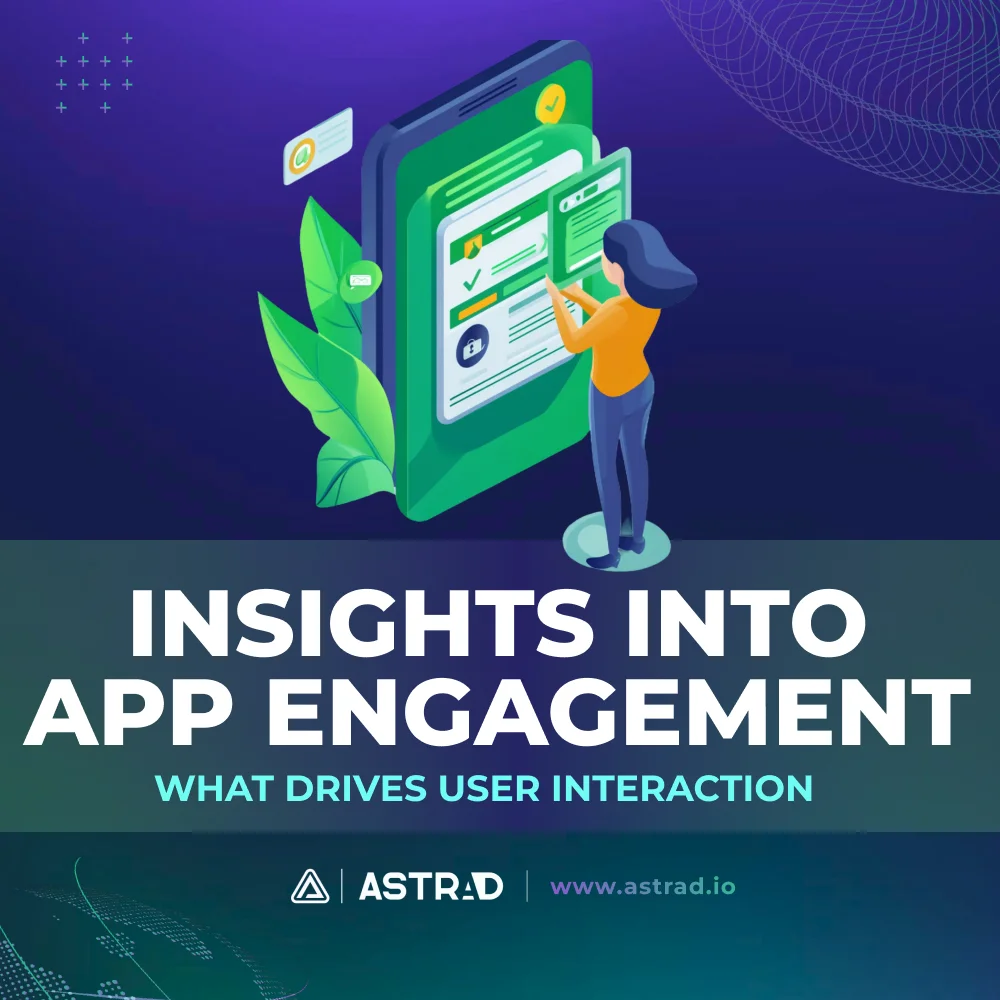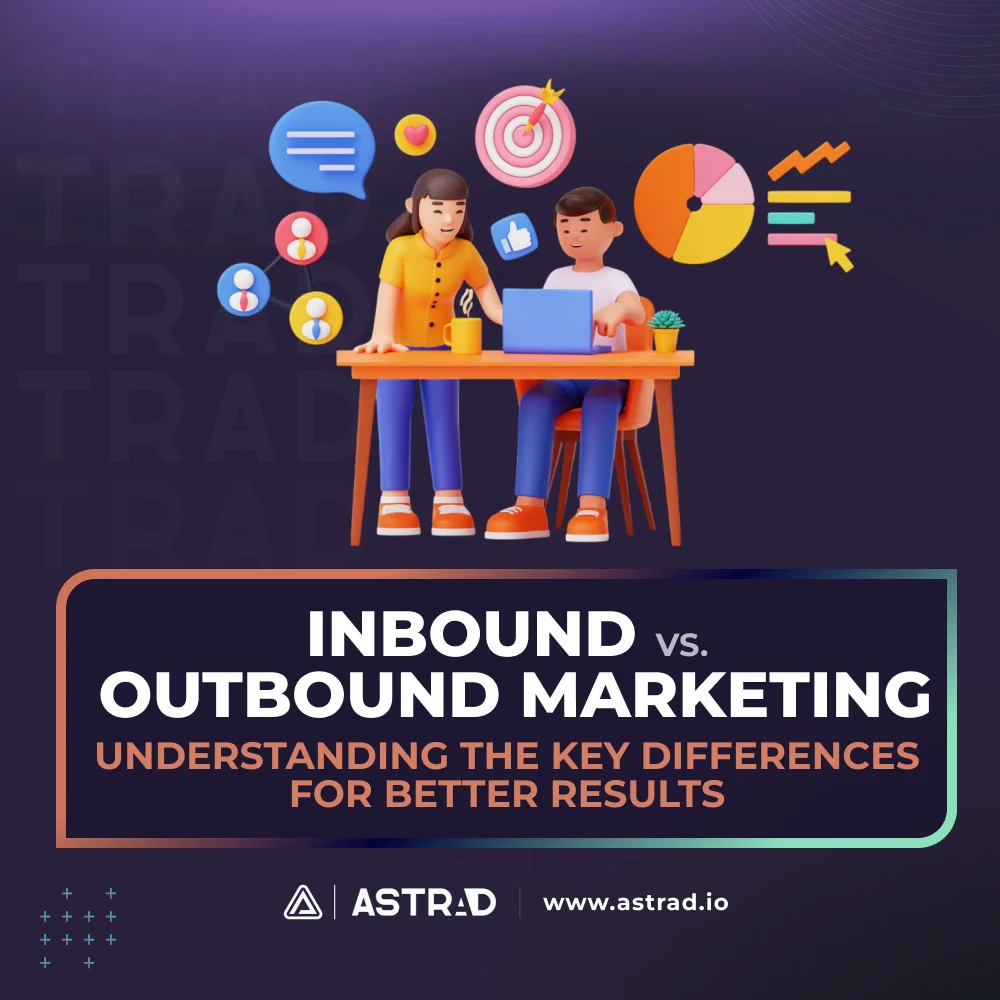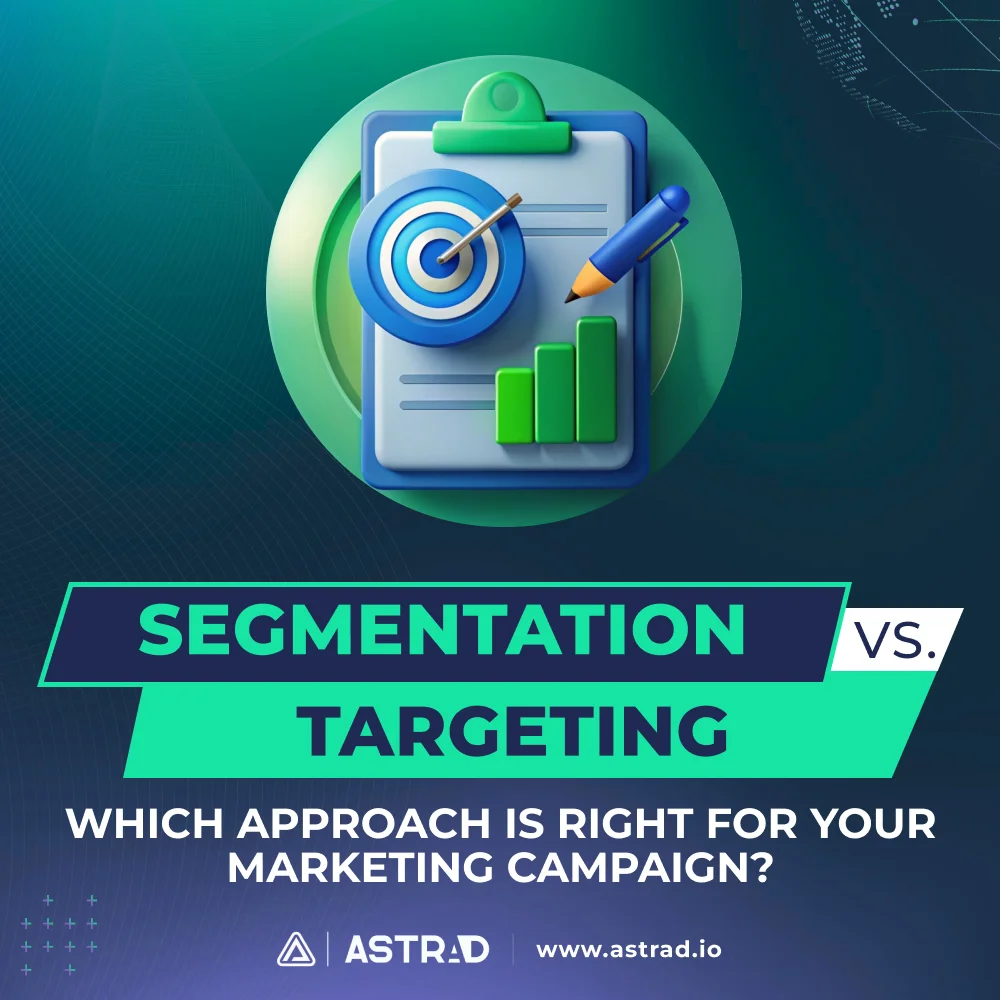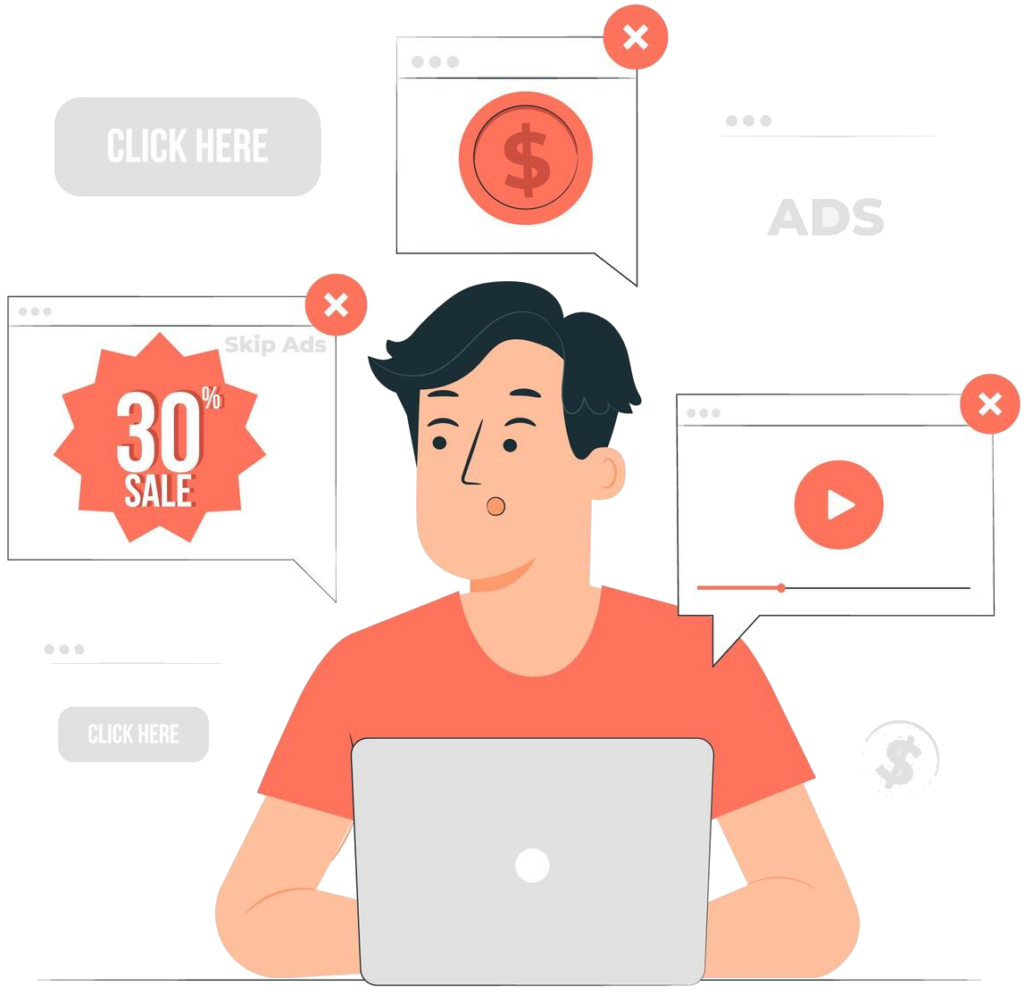Ever wonder why some apps are as addictive as the latest viral game while others gather digital dust? Why do some apps become the following Angry Birds or Minecraft while others aren’t even hitting a hundred downloads a month? Well, there’s a reason behind the madness. Let’s strap in and give you the 4-1-1 on it.
Let’s crack the code on what drives app engagement and how you can improve app engagement to make your software the next big thing. Coming to terms with these factors is essential in a market flooded with options.
The Pulse of App Engagement
Downloads are great, but if users aren’t engaging, your app is like a party where nobody’s dancing. Sure, you filled the dance floor, but everyone is wondering, “Why are we listening to 90s emo hits? Is that Oasis? Are we supposed to get funky with that?” You need to carve out a scene and have a great DJ—you need to get people sweating and frolicking. Why? Because the more they sweat and have fun, the more they spend at the bar and come back next Friday.
At its core, app engagement is the lifeblood of your app’s success. A study by Localytics found that 21% of users abandon an app after one use, so keeping them tied and emotionally invested is critical. High mobile app engagement translates into better retention, longer session lengths, and a healthier bottom line.
Stellar UX Design—The Foundation
First impressions matter—period. An intuitive, user-friendly design is the red carpet that invites users in and keeps them exploring. Research shows that 88% of users are less likely to return to an app after a poor experience. Simple navigation, consistent design elements, and accessibility features should be non-negotiables in your UX to improve app engagement.
Personalization—Your Users, Your Priority
People love feeling special, and it shows. A Deloitte report reveals that 80% of consumers are more likely to make a purchase when brands offer personalized experiences. Customized home screens, content feeds, and location-based services aren’t just trends—they’re game-changers that significantly improve app engagement.
To what extent? For over 20 years, Apple had a very limited view of how users could personalize their operating system. They could tweak almost nothing—until 2024 when the headstrong company did a 180. Its new update is completely customizable—allowing folks to alter the iPhone screen and icons with ease to their heart’s content.
Features That Boost Interaction
Push Notifications—A Double-Edged Sword
Push notifications? Handle with care. Done right, they’re a friendly nudge that can improve app engagement. Done wrong, they’re a one-way ticket to Uninstall City. Why the latter? Too many of them bog users down in a flood of notifications, causing them to either uninstall your app or turn off notifications.
In fact, 46% of users opt out of app notifications, so balance is key. Personalize and time them well to avoid spamming users off your platform and enhance mobile app engagement.
Gamification—Fun Meets Function
Turning mundane tasks into fun challenges boosts user interaction by making the process feel like a game. Apps that incorporate gamification techniques see a 44% increase in app engagement. Achievement badges, points systems, and leaderboards can keep users coming back for more, helping you improve app engagement.
It’s a dog-eat-dog world, and folks like to compete. When Nike created its stellar app in 2010, it unleashed a community of runners—each could compete for leadership in their area. This ended up making the app one of the most downloaded in the history of the app store.
Performance Matters
Performance issues are the silent killers of app engagement. Fifty-three percent of mobile users will abandon an app that takes longer than 3 seconds to load. If your app isn’t lightning-fast, it doesn’t matter how good your content is—users will bounce. Optimize load times and battery consumption and offer offline capabilities to keep users happy and boost mobile app engagement.
The Tech Behind the Magic
Analytics Tools—Your Crystal Ball
Monitoring user behavior is vital. Tools like Firebase and Mixpanel can provide you with the insights you need to tweak and optimize engagement strategies. Data-driven apps are 23% more likely to succeed simply because they understand what their users want and how to improve app engagement.
Security and Privacy
In a world filled with data breaches, app users want to feel safe. Why? Because every day, they get a new frightening wake-up call about what a breach of their personal data can lead to. Eighty-one percent of consumers say that a company’s reputation for data security is a huge factor in their purchasing decisions.
Implementing strong encryption and transparent data policies and ensuring your app complies with global data regulations like GDPR can significantly enhance trust and, in turn, user engagement and app engagement.
Continuous Improvement—The Never-Ending Journey
User Feedback Loops
One of the best ways to keep your app evolving? Listen to your users. Feedback forms, in-app surveys, and monitoring reviews allow you to gather critical insights. But don’t just listen—act. Apps that respond to user feedback see 50% higher user retention. This proactive approach helps improve app engagement.
Companies that take into account what their reviews are and what people are saying about them on the web or in the streets end up becoming titans in their field. And that little piece of wisdom isn’t just for apps and digital products but for everything—please your fanbase, period.
Stay Ahead of Trends
The tech landscape shifts faster than a cat meme going viral—or a new Ryan Reynolds video. Staying on top of trends like AR, VR, and AI integrations is critical to keeping your app relevant.
According to Deloitte, early adopters of new tech are 30% more likely to outperform their competitors. So, keep your eyes peeled for the next big thing to enhance mobile app engagement.
Engagement is Everything
In an oversaturated app marketplace, app engagement is your differentiator. By focusing on what drives user interaction and working to improve app engagement, you’re not just creating an app—you’re building an experience that users won’t want to live without.






